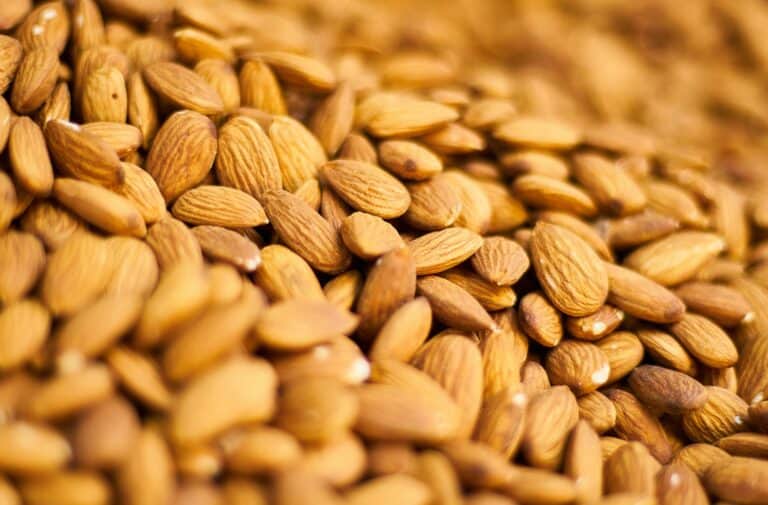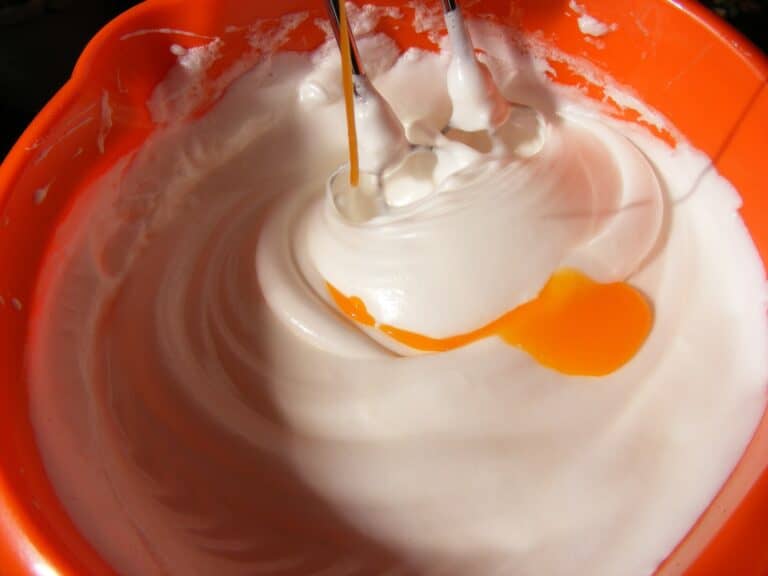Can You Reheat Eggs?
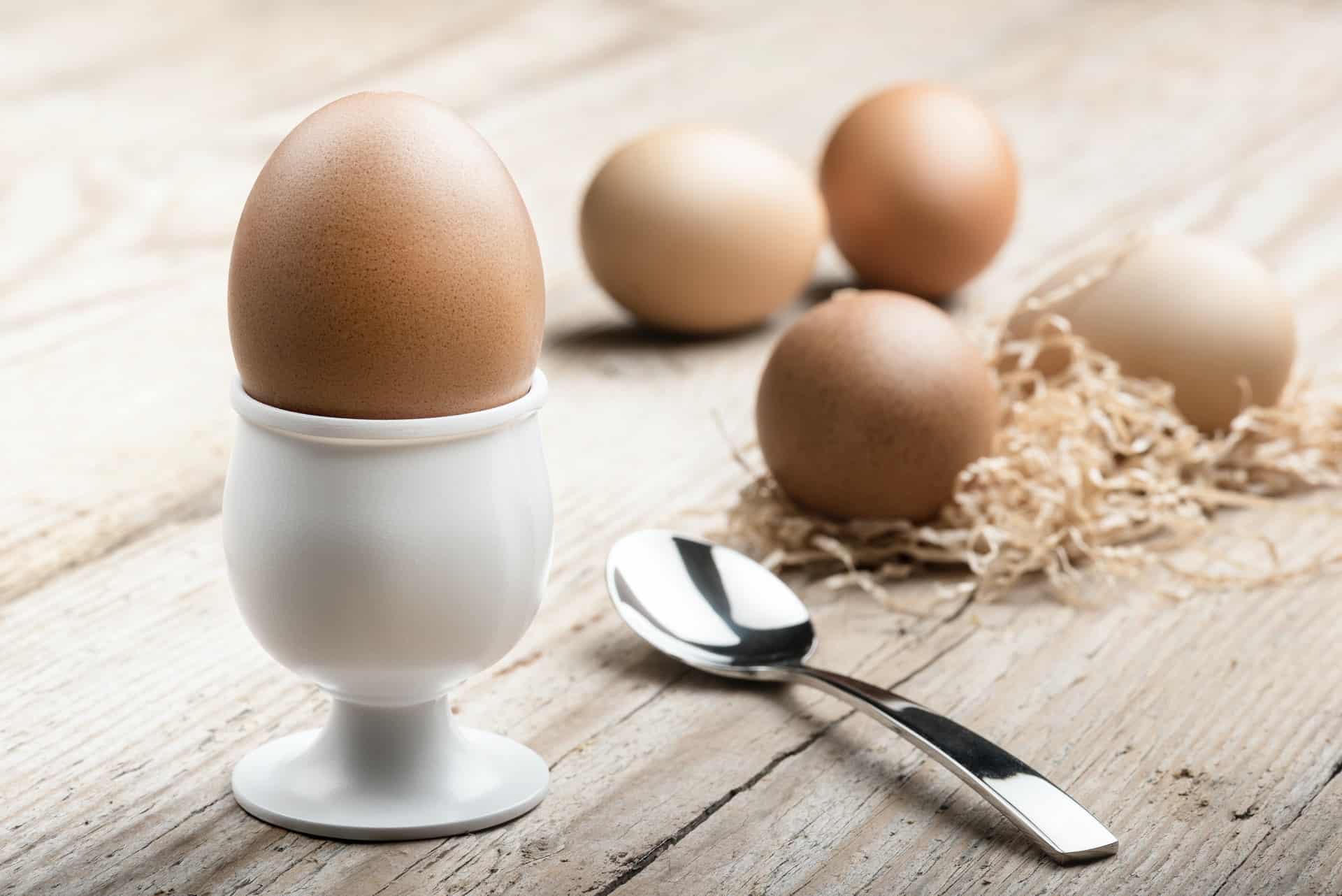
Can you reheat eggs? Yes, You can. Most foods, including scrambled or boiled eggs, can easily withstand the heat of a microwave and will come out perfectly every time if you’re careful while cooking them!
When it comes to cooking and baking, eggs are one of the most common ingredients around. There are so many ways you can make them – from a simple scrambled egg recipe up to a fancy frittata! If your preference leans more toward fried rice or oatmeal alongside bacon then we’ve got something perfect just waiting down below…
The only exception is when it comes down to raw food – such as coddled hard-boiled eggs which must always remain hot until they’re served so their owner doesn’t end up with buyers’ remorse later on downstream…
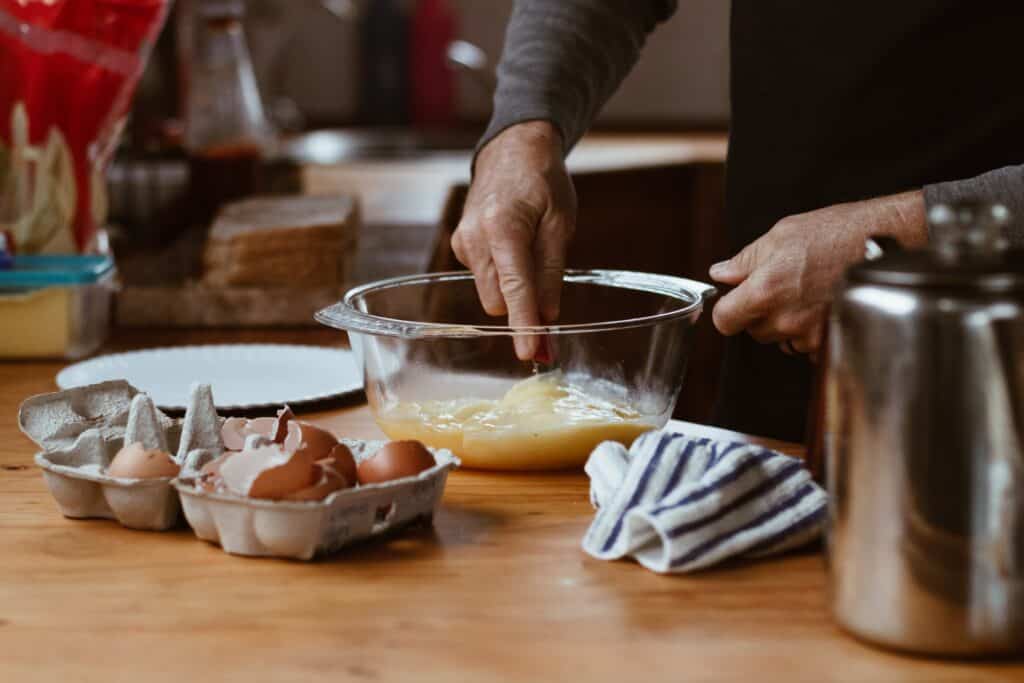
We will teach you how to properly reheat different types of eggs in this guide. From quiche, scrambled, and even omelets! We have everything covered so if you have one type that’s on your list just waiting for the right heat – keep reading because we’re going with them today 🙂
Can You Reheat Eggs- Breakdown
With the so different ways to enjoy eggs, it is hard not to find at least one that suits your taste. Today we will be discussing some of these great recipes and provide you with some information on reheating them for future use!
The list goes on about what can happen when cooking up lots of protein powder in a pan or bowl: omelets; frittatas (from Italian meaning “cooked/ fried”); souffles–which are little airy cakes made by incorporating beaten egg whites into other ingredients such as cheese etc., scrambling them together before heating gently but evenly throughout so they cook quickly yet retain their rich texture
Should You Reheat Many Boiled Eggs?
You can make a quick, simple meal out of boiled eggs. They’re great for lunch and stay fresh in your fridge for days on end! The yolks even freeze well if you need more than one breakfast tomorrow morning or want an easy snack during any other time throughout your day (I recommend packing these snacks).
A word about reheating: When nuking them right before eating will keep everything juicy without breaking apart too much–a good thing given how quickly this food goes in once cooked.
To enjoy a tasty boiled egg later, we recommend eating it cold or reheating using the hot water method. The best way to do this is by putting your cooked breakfast item in an airtight container and letting it sit for 10 minutes before you microwave them on high power (the same amount of time that’s recommended when making oatmeal). This explosion effect doesn’t happen as quickly if they’ve been sitting around after boiling!
- Reboil your egg in a pot of boiling water.
- Make sure the bowl will not get too hot and never touch it with your hands! Use either stove or microwave to heat some more if needed, then pour over the prepared pan until submerged fully (don’t forget about those cracks!).
- Simply cover it with one paper towel and let sit while keeping hot water nearby at least 10 inches away from any heat sources or else risk burning your hand when removing it off of the pan!
- Once cooked through, remove from stove top immediately before peeling because otherwise those layers will come apart very easily once peeled. Enjoy this classic breakfast staple today for dinner—or even lunch.
Should I Reheat My Fried Eggs?
Yes, the procedure is simple. However, we can’t promise that your yolk will remain intact when you reheat them but we do have some tips for how best to rehydrate this breakfast staple in order not only to preserve its integrity but also to offer up tasty results!
For starters – all of those who are looking at preserving their hard-cooked whites should consider using an oven rather than heat on electric stovetop appliances because they typically overcook easily regardless if simply boiling water goes into spansader burner; believe me, there’s no need.
Is It Possible To Reheat Poached Eggs?
This might sound like a silly question, but many people are curious about this particular cooking technique. After all – how do we make the perfect omelet or soft-boiled egg without boiling them first right?! Well let me tell ya—you don’t have to worry your pretty little head over here!
It’s a great idea to enjoy your favorite breakfast food, like poached eggs, at room temperature. If you need them for later in the day or want more than one serving then there are two ways that they can be reheated: either by heating their liquid until it boils and then removed from heat; alternatively, put an entire raw egg into boiling water with shells still on so let those get cooked through before removing–this takes longer but will result in better flavor!
Unlike fried eggs, poaching them allows you to have a runny yolk. This is because the cooked white goes into an already-runny state while still inside of its shell and doesn’t need any additional Intervention from outside elements like hot oil or butter!
The best way to reheat a poached egg is on the stovetop. This method will provide you with results that are closest in comparison to how they were originally cooked, but there’s no need for any microwave! You can use this same technique when cooking your other dishes as well- just keep an eye out so nothing burns or overcooks itself before time has run its course…
How To Reheat The Eggs
- Reheat poaching eggs in a pan on the stovetop. Fill the pot with enough water to cover your poached egg and bring it just below the simmering temperature for about 15-17 minutes, until heated through but not dried out or browned at all edges (you don’t want any burning).
- Simmer slightly faster than you would if cooking from scratch so that as soon as air bubbles start coming up around the diameter of the covered dish before popping off again; remove immediately because even small burns can ruin an otherwise perfect breakfast!
- You can put up to 10 eggs in the water at one time and they will still be cooked just fine.
Final Thoughts
The versatility of the egg is truly unparalleled. They are simple to work with and can be used in many different ways, from boiling or freezing them – depending on what you’re looking for! The only exception? Boiled eggs: While yolks do freeze well, whites don’t hold up nearly so nicely; however if it’s just one leisurely breakfast this doesn’t matter too much 🙂
Popular Articles

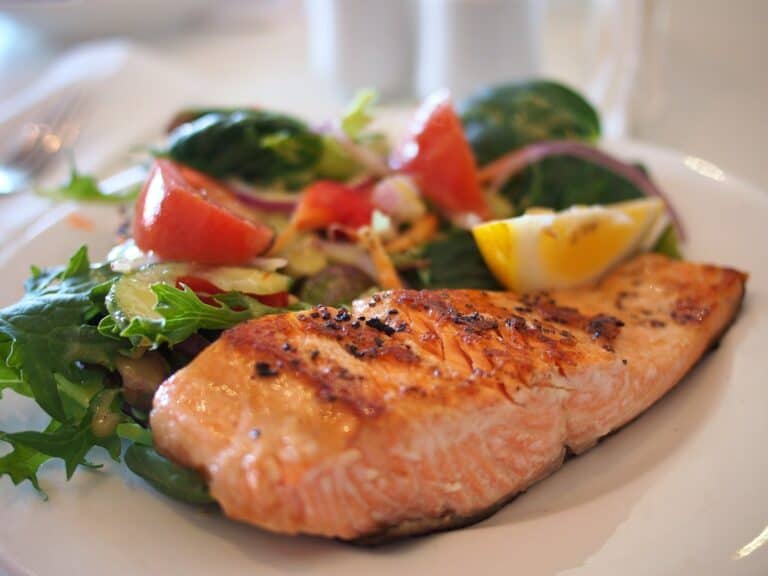
![Banana Substitute In Baking [Top 5]](https://acethekitchen.com/wp-content/uploads/2022/02/banana-substitute-1-768x1152.jpeg)
